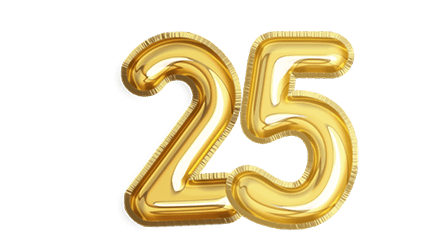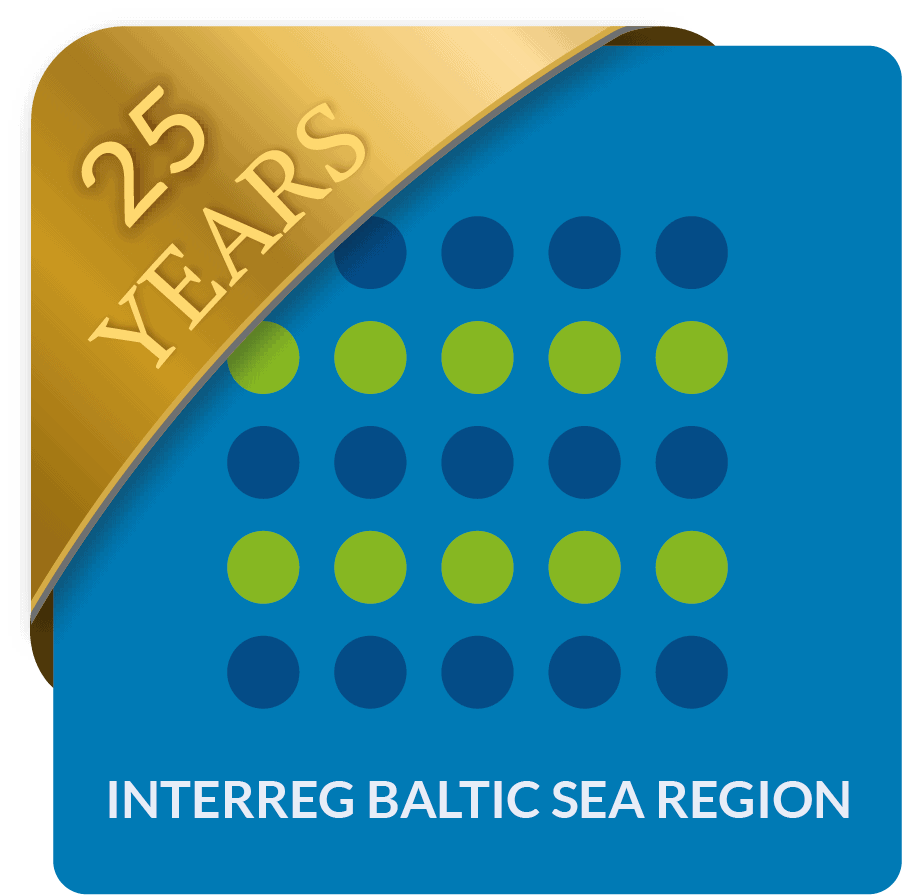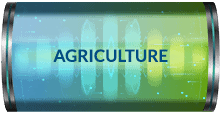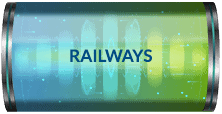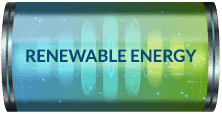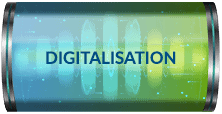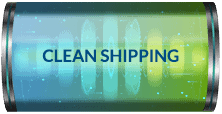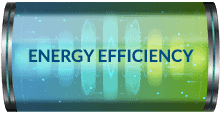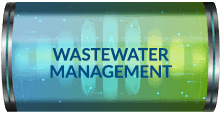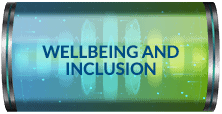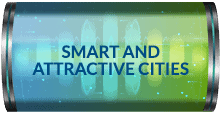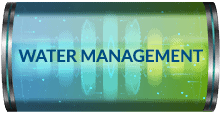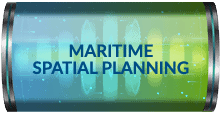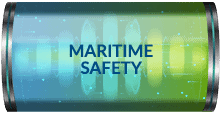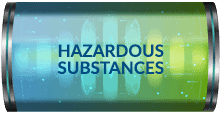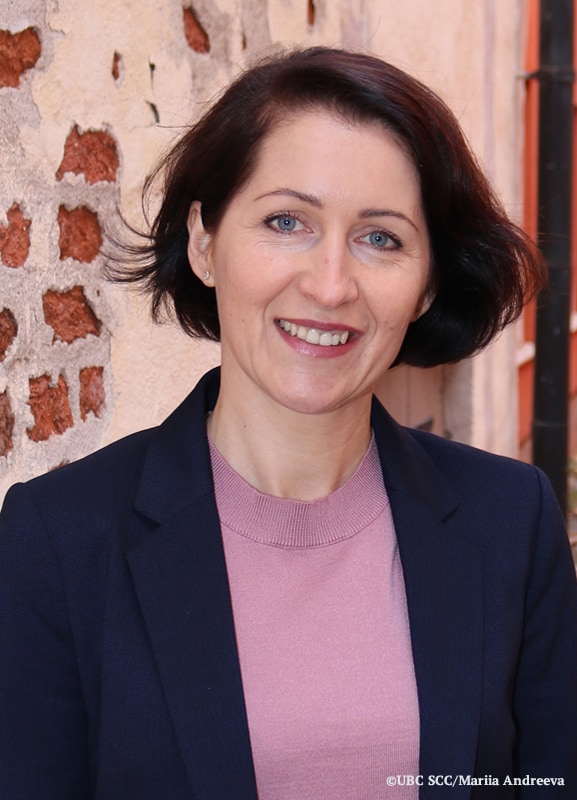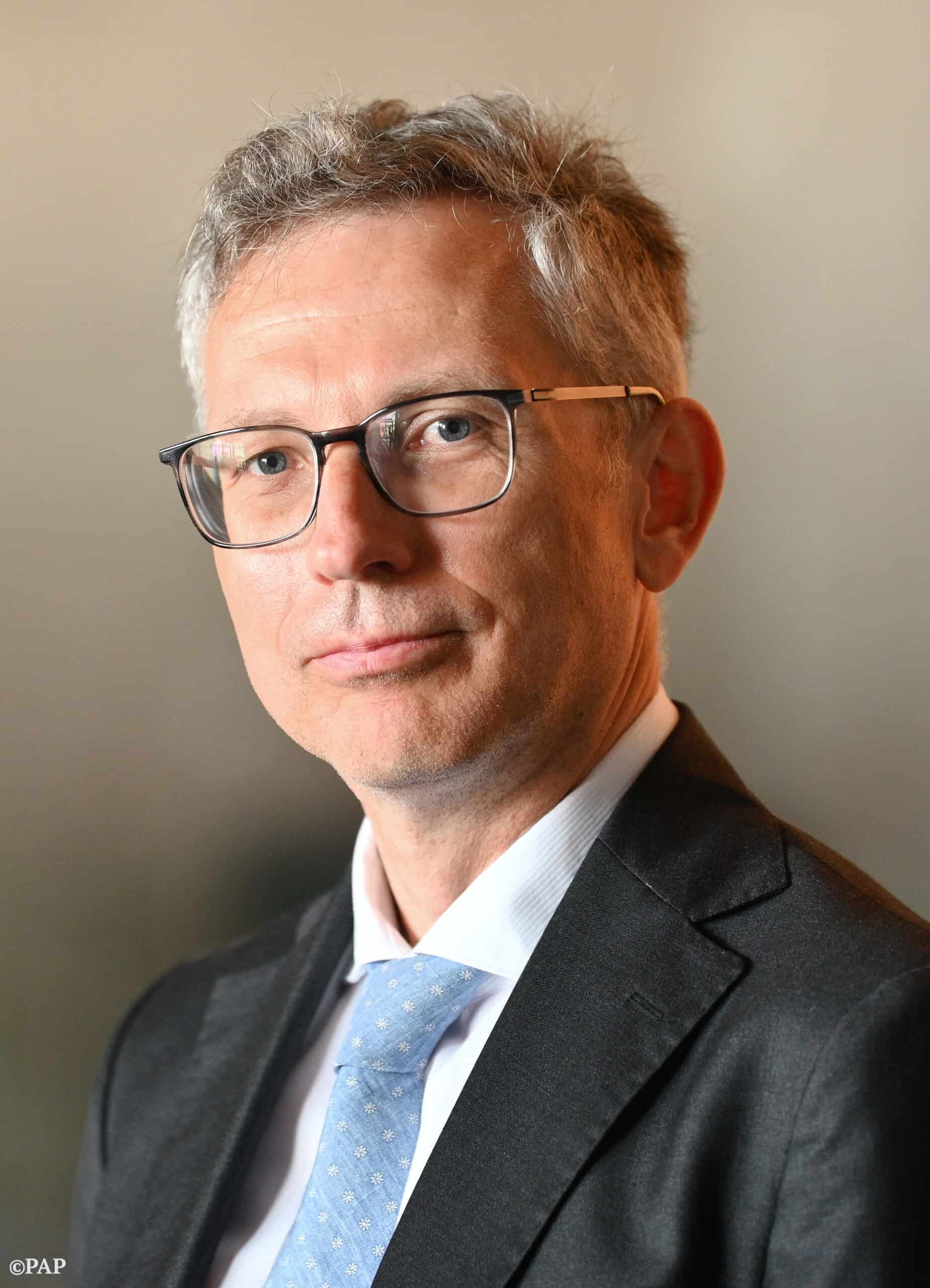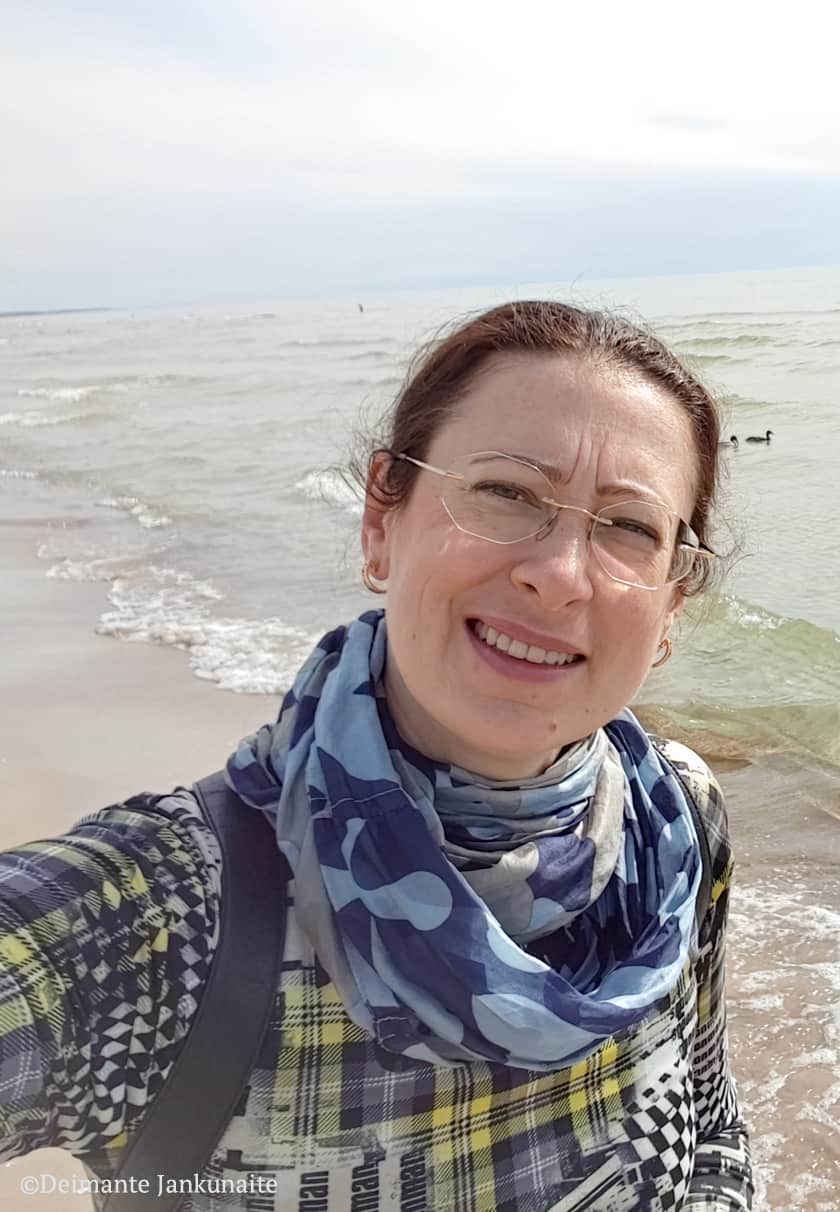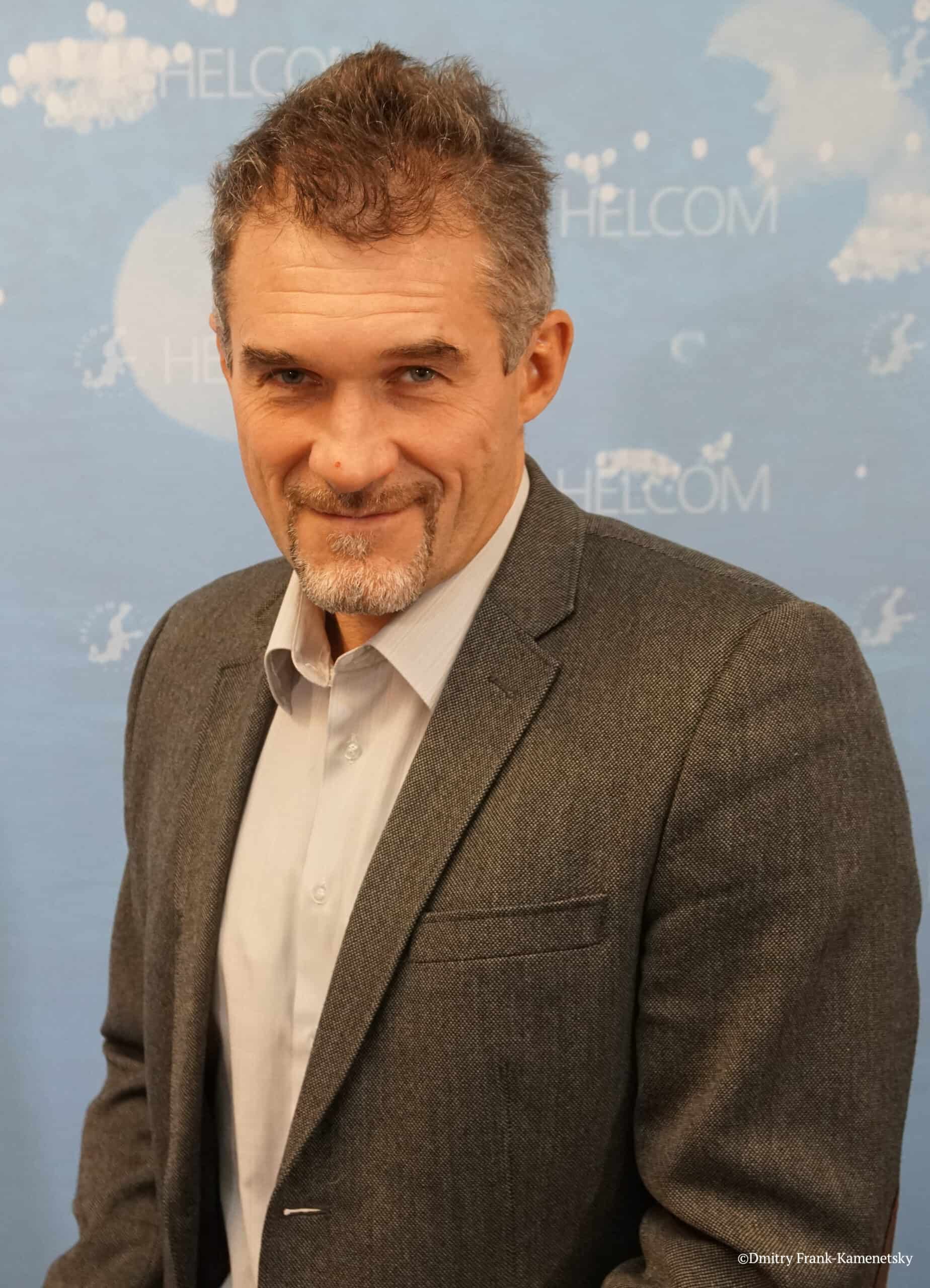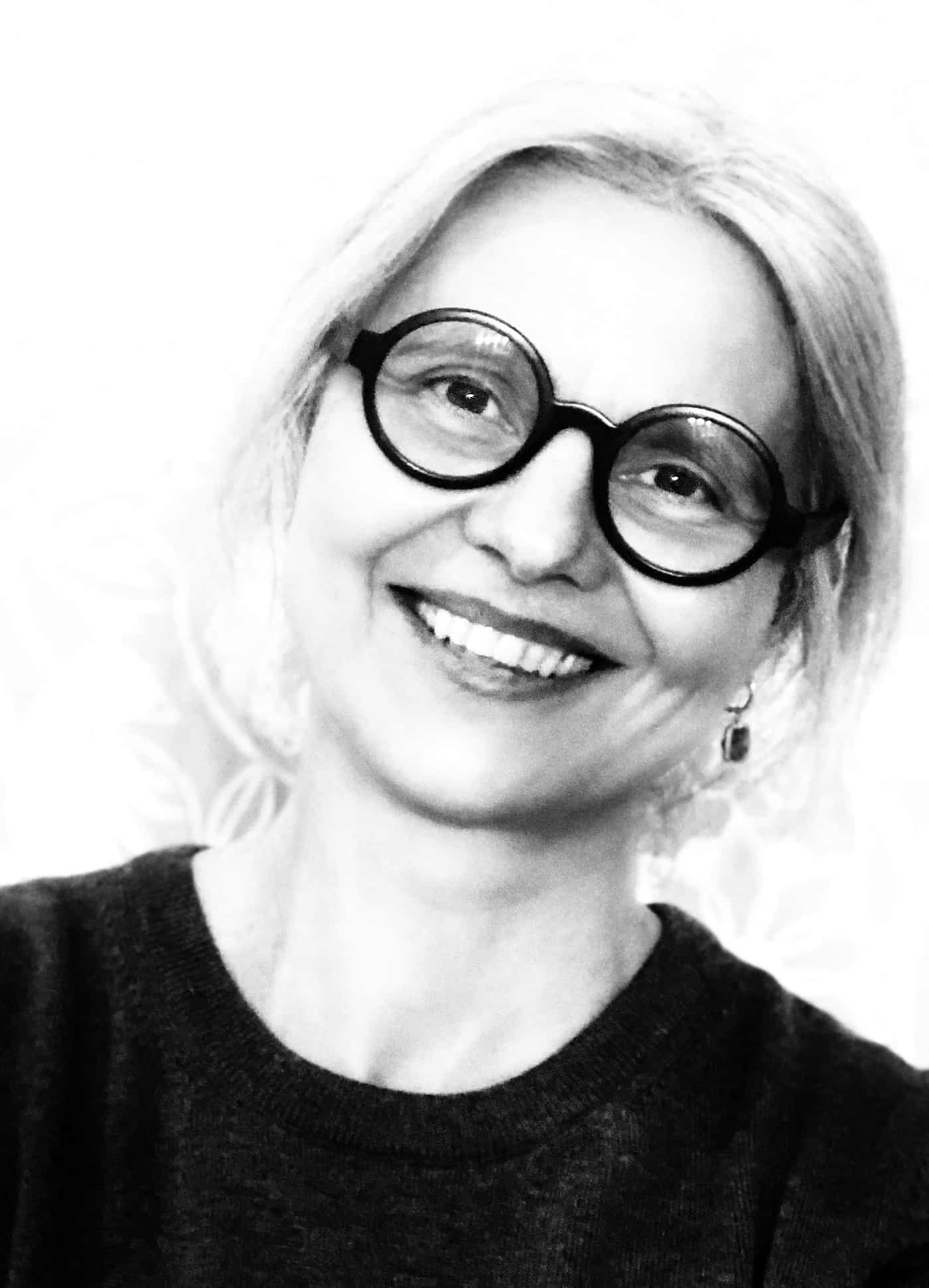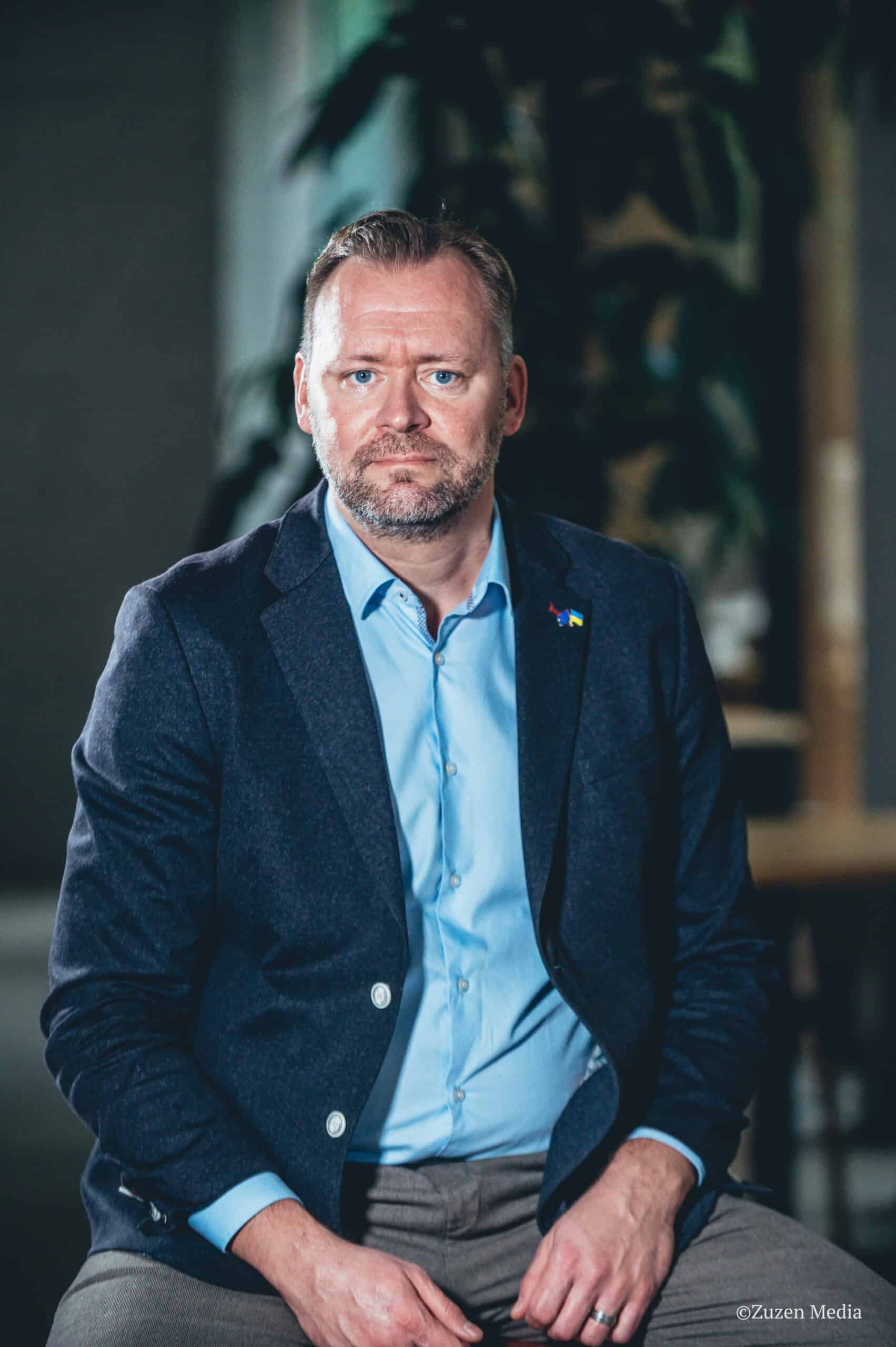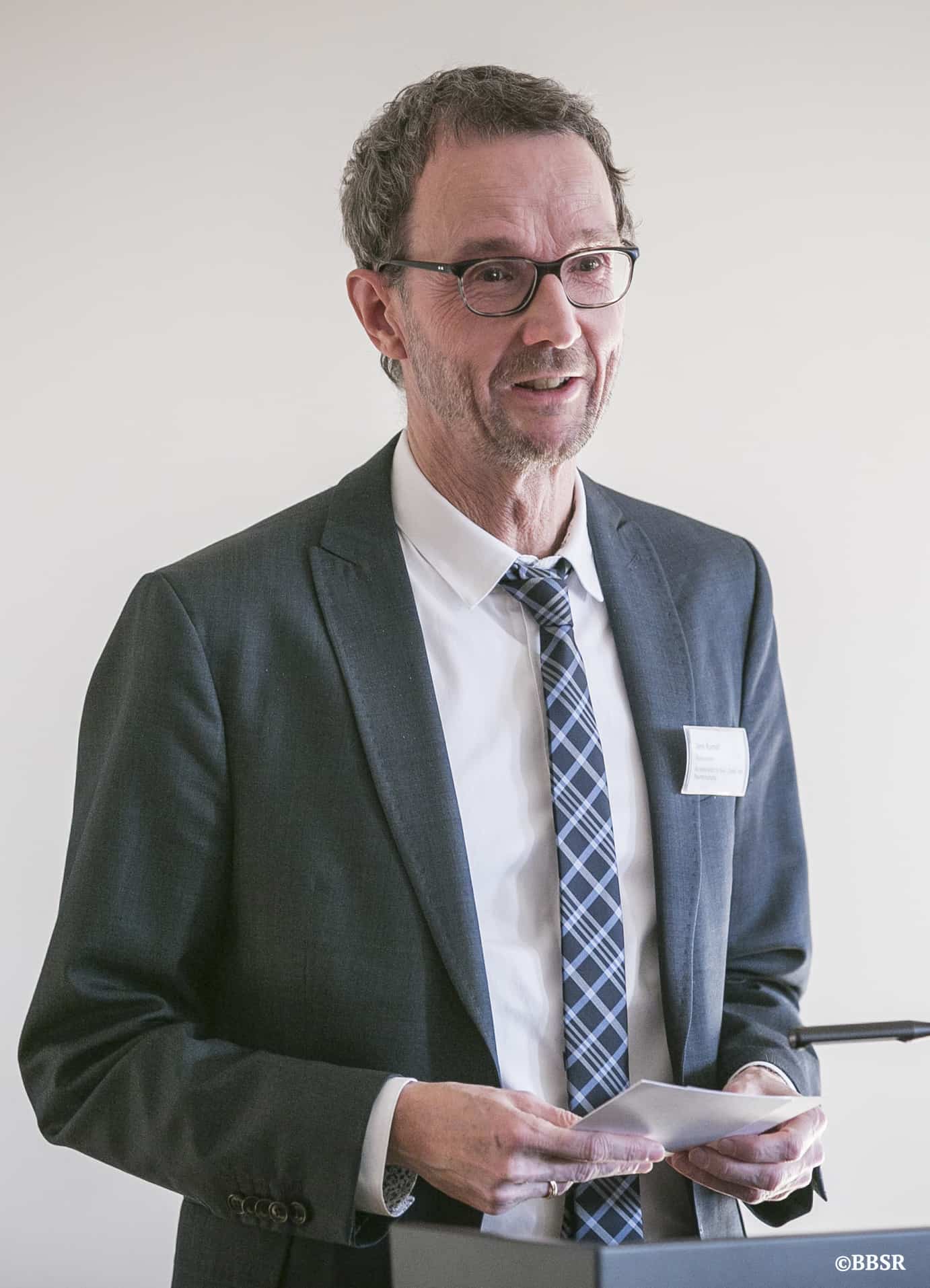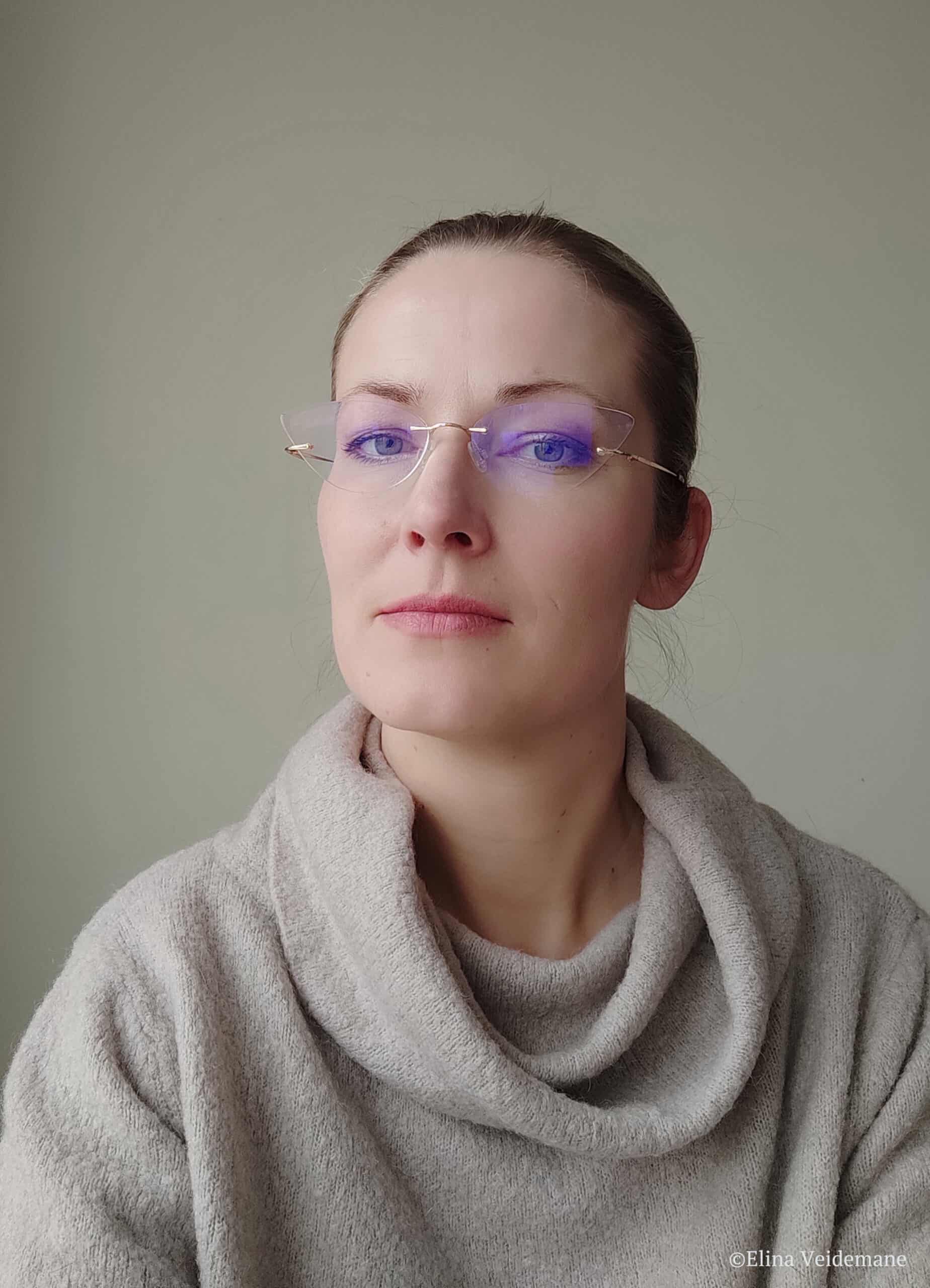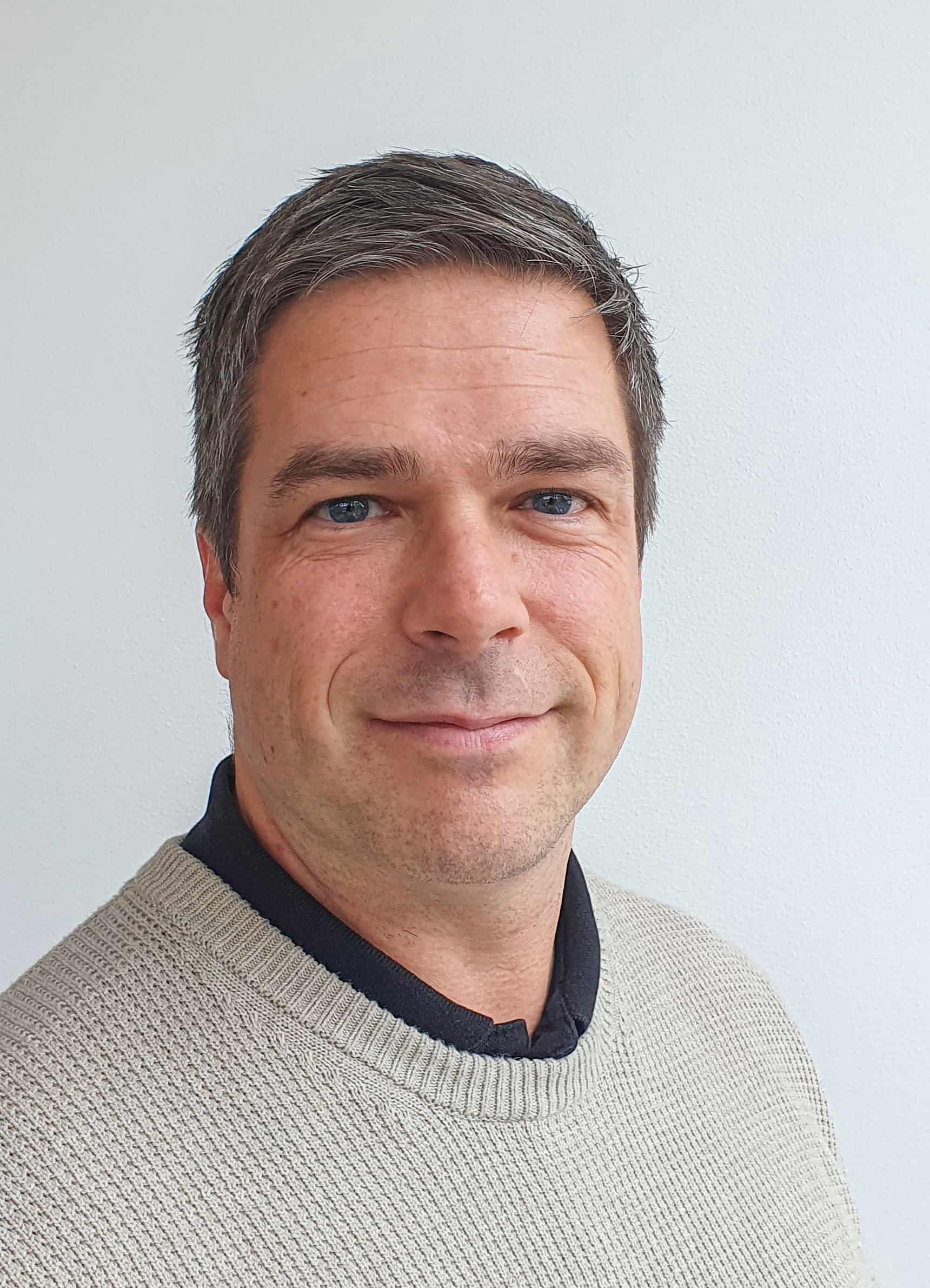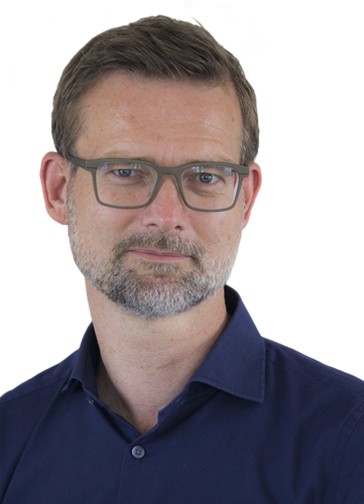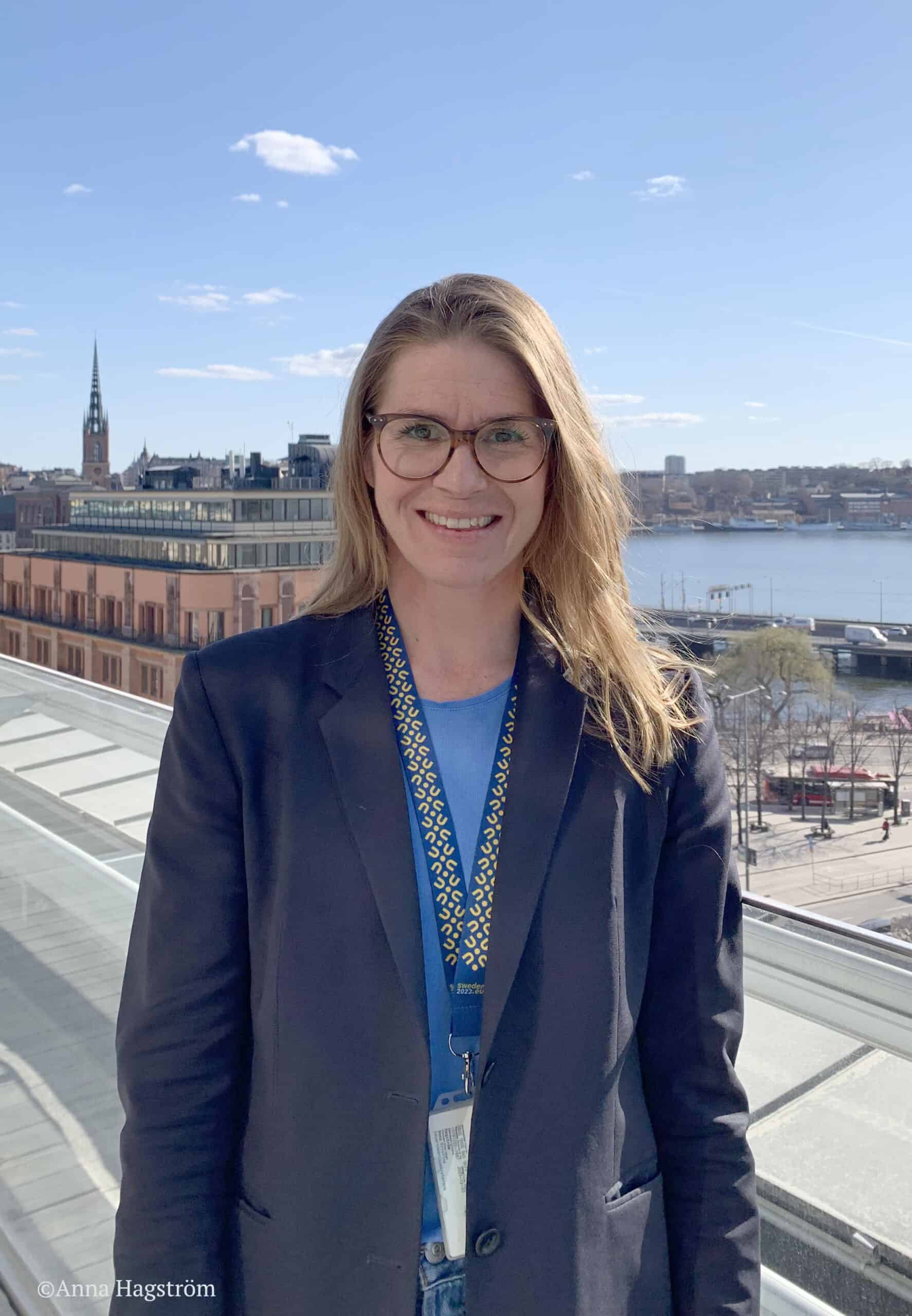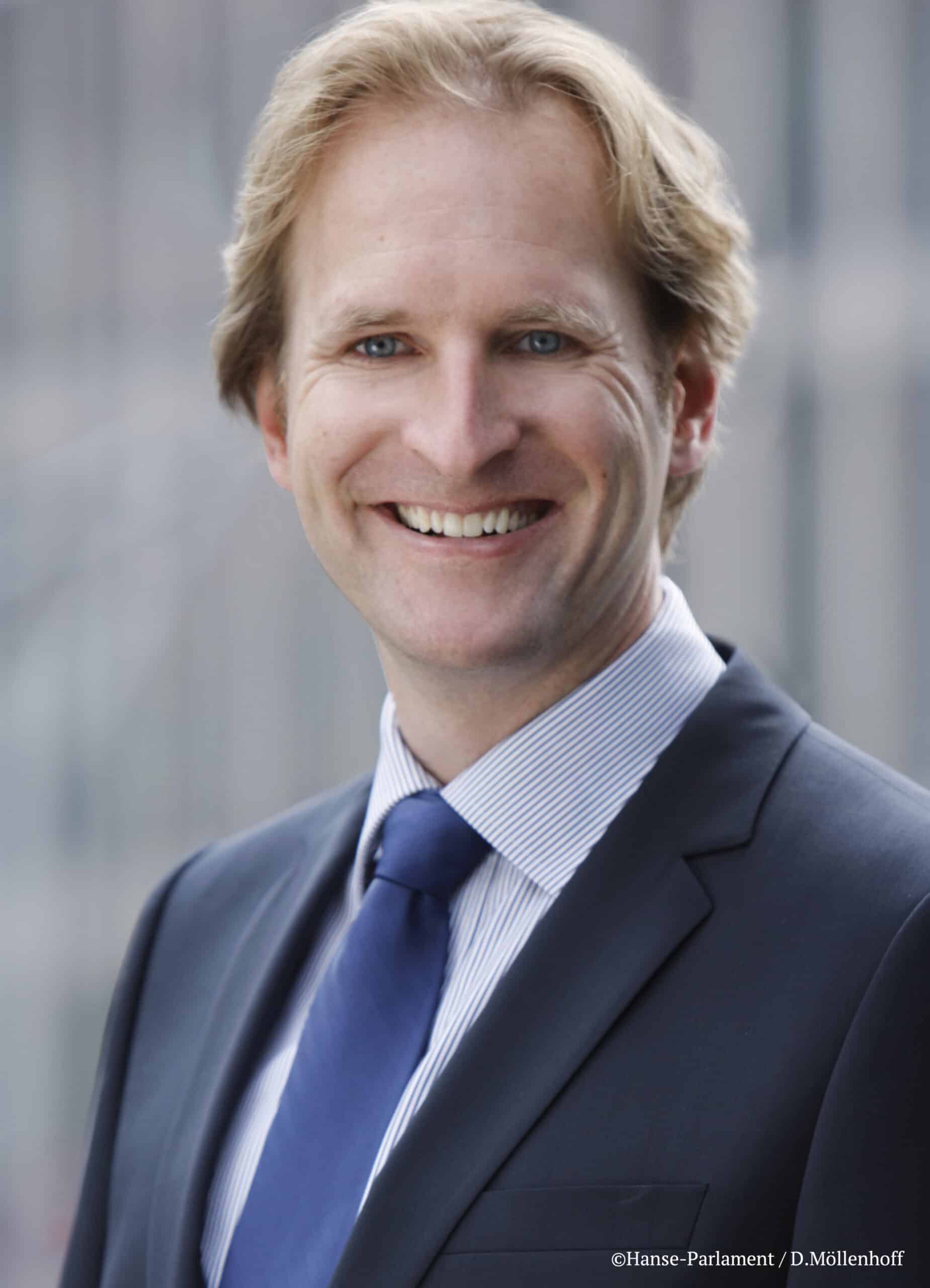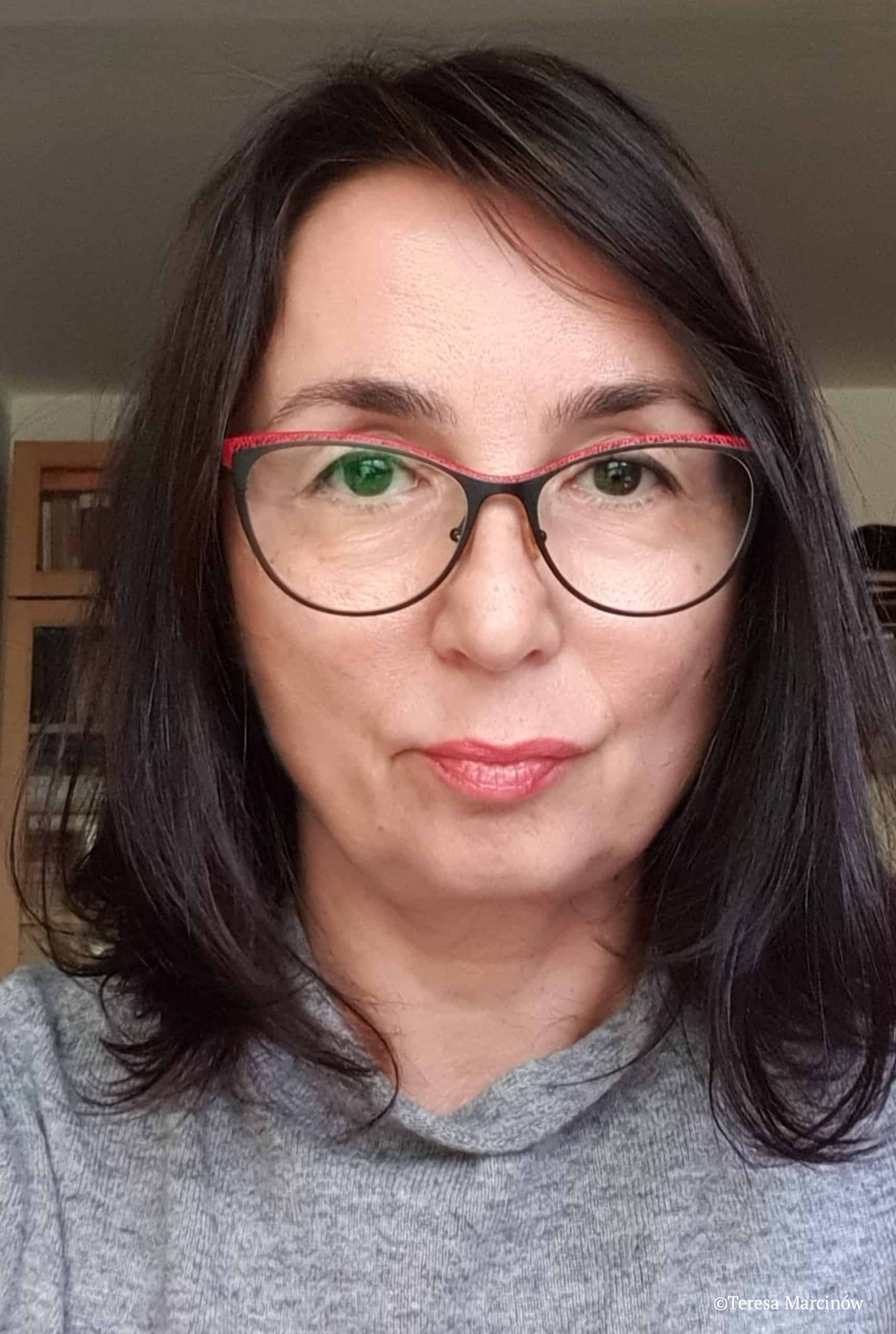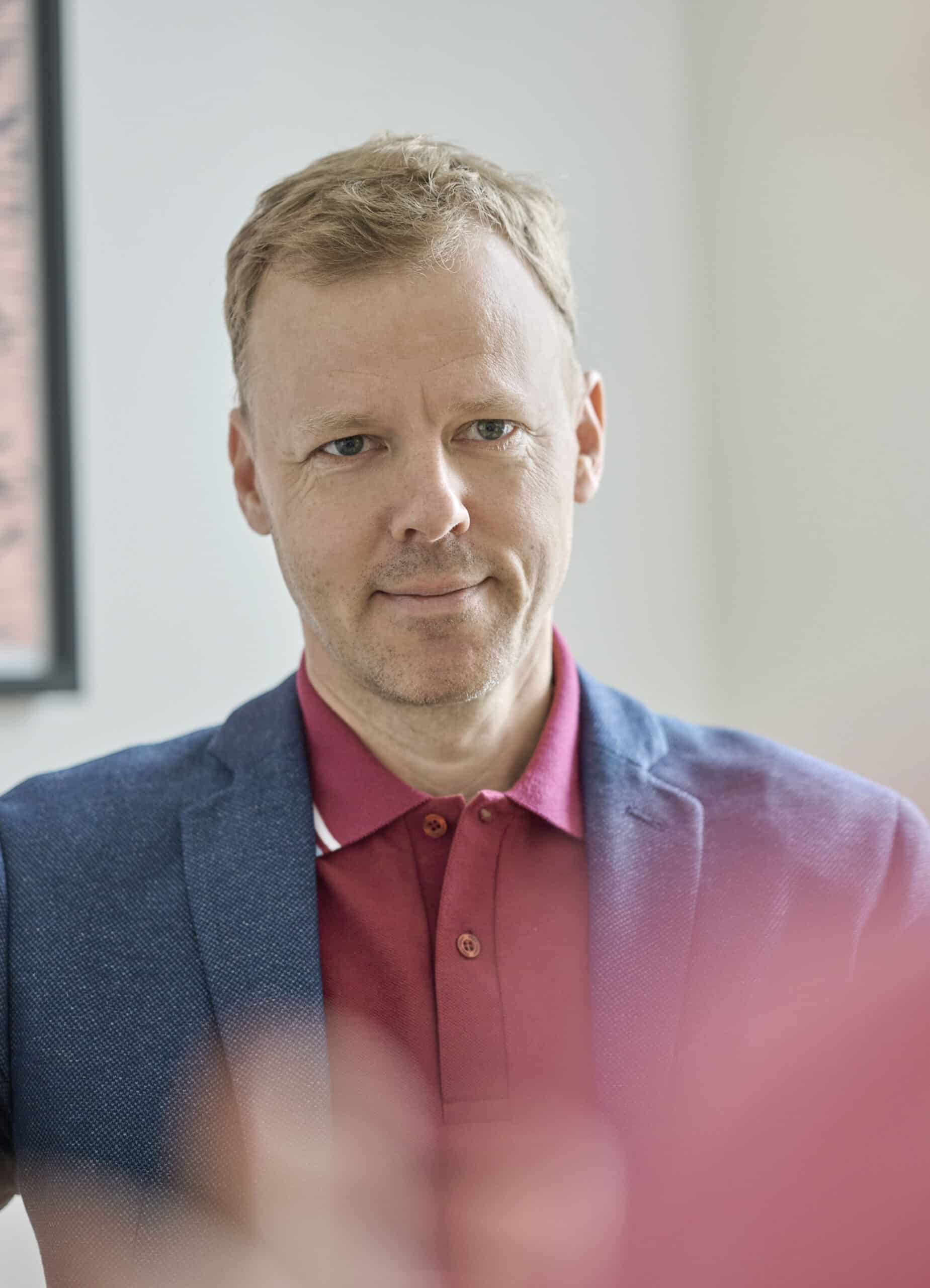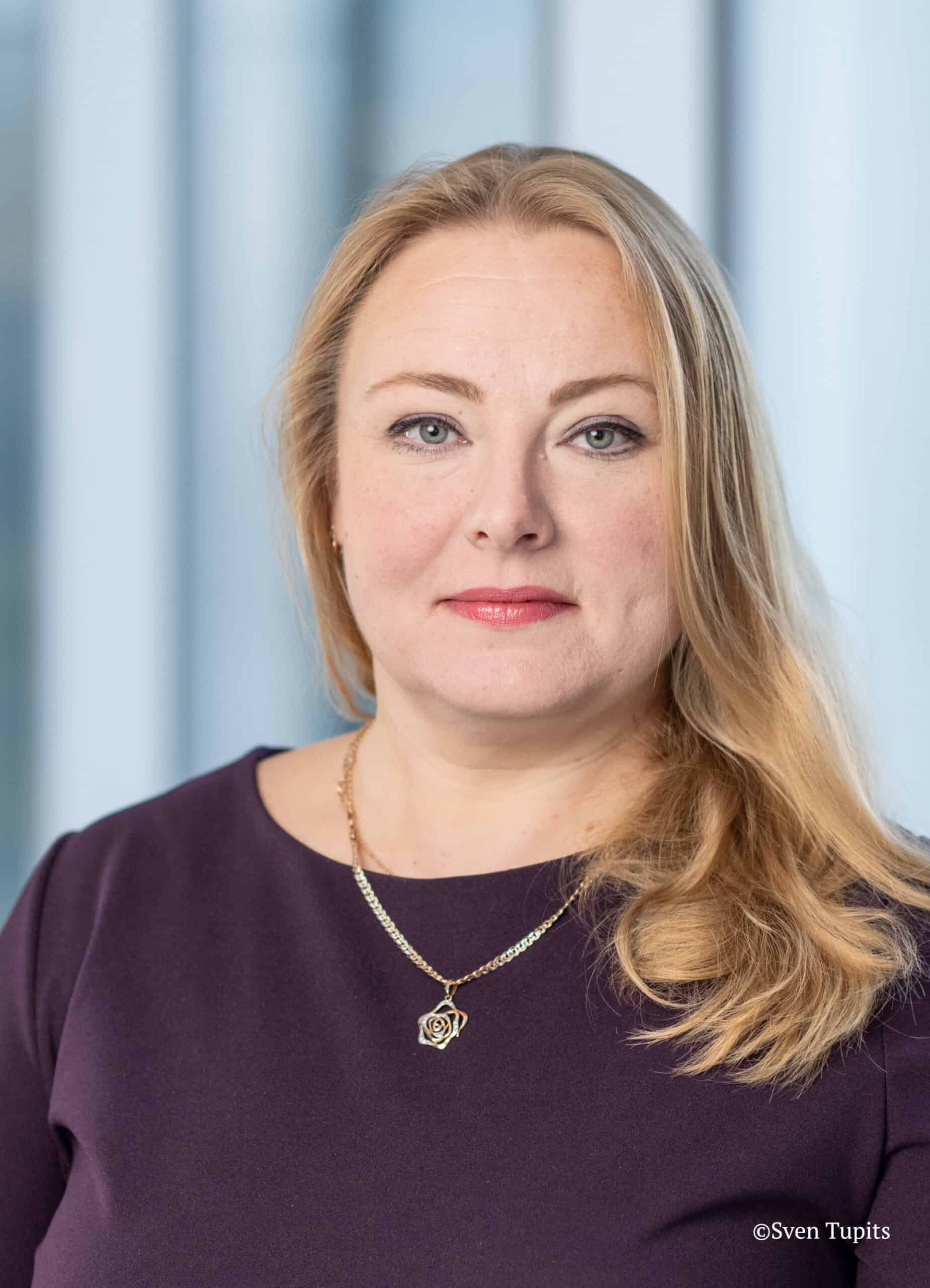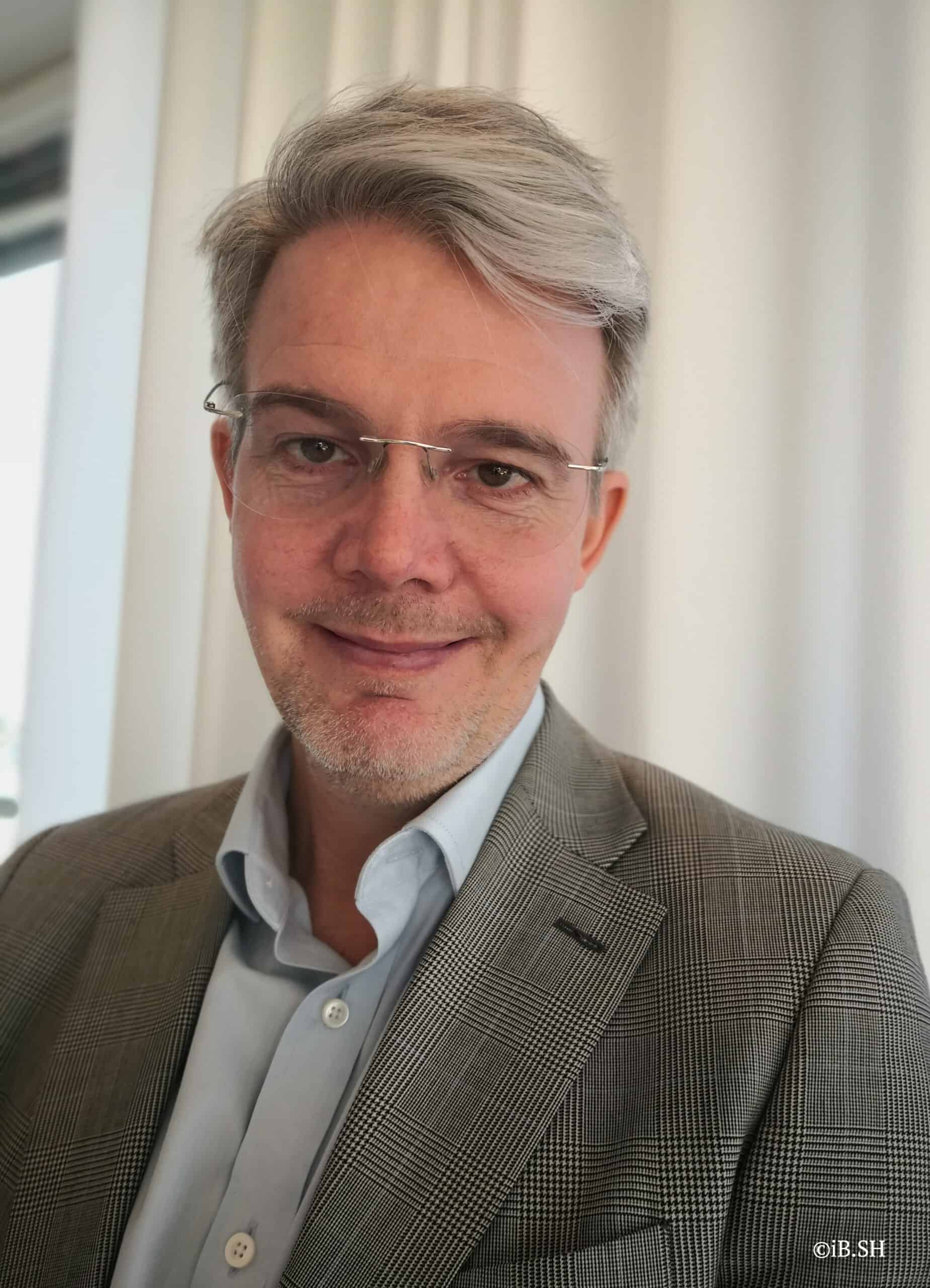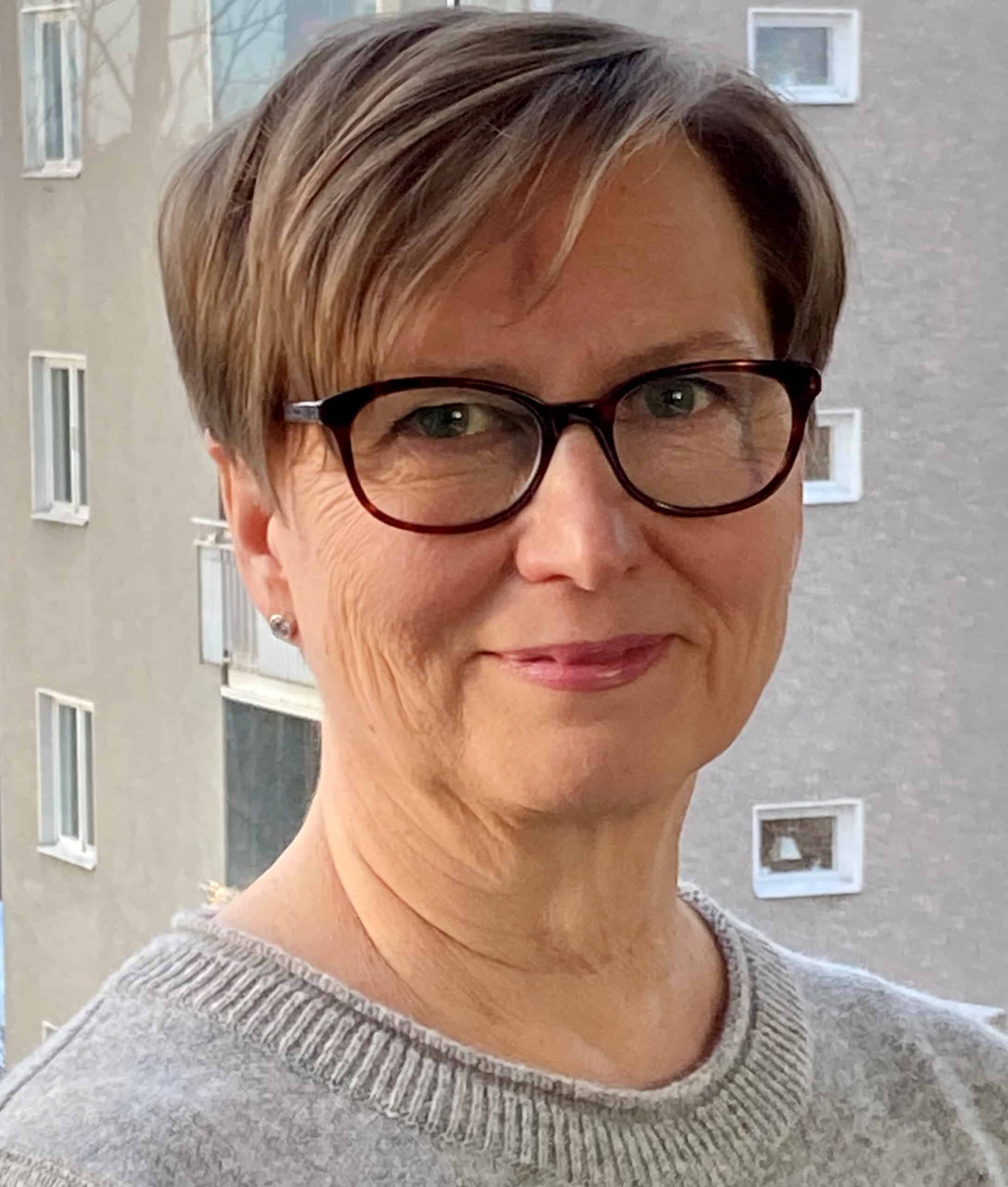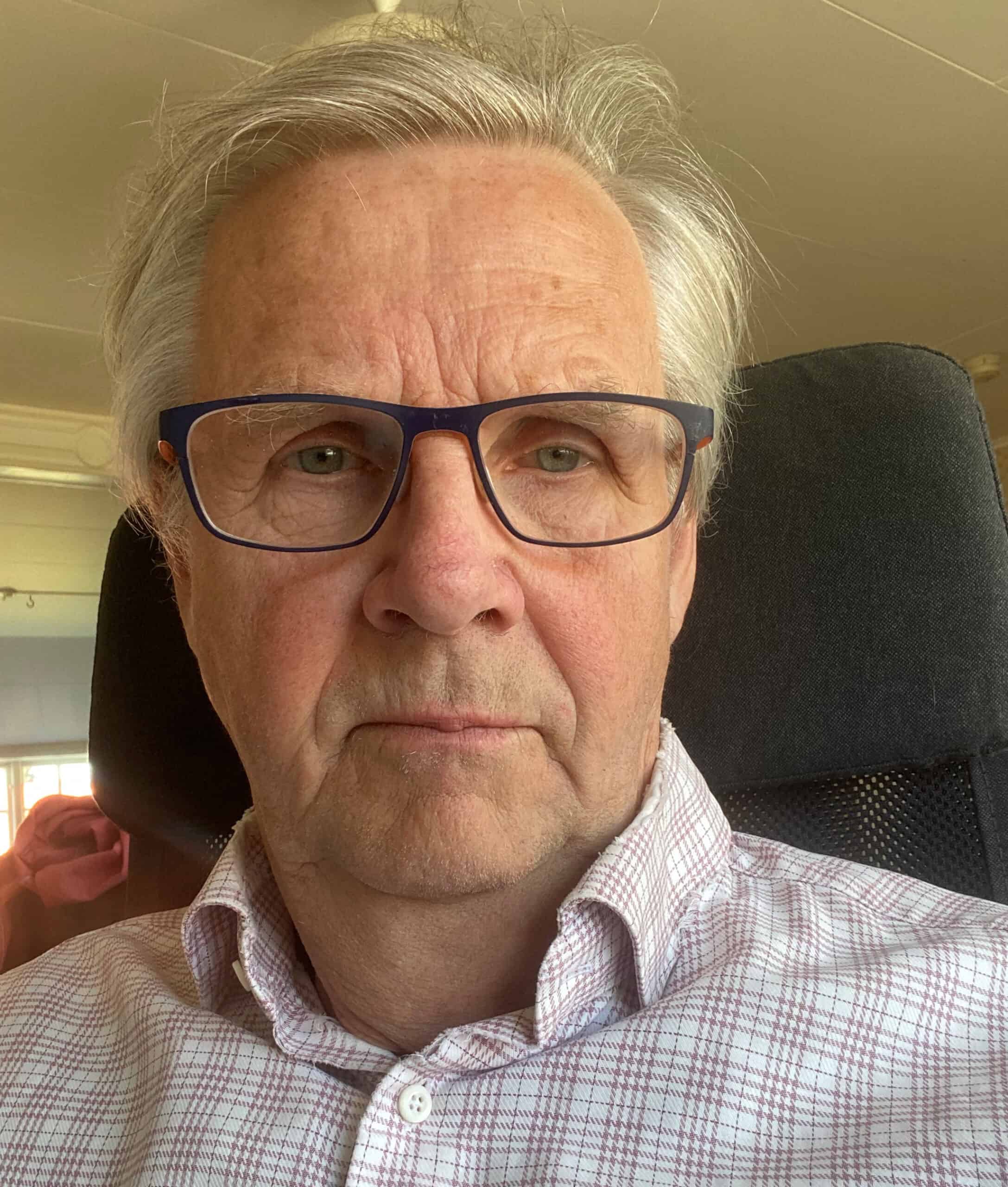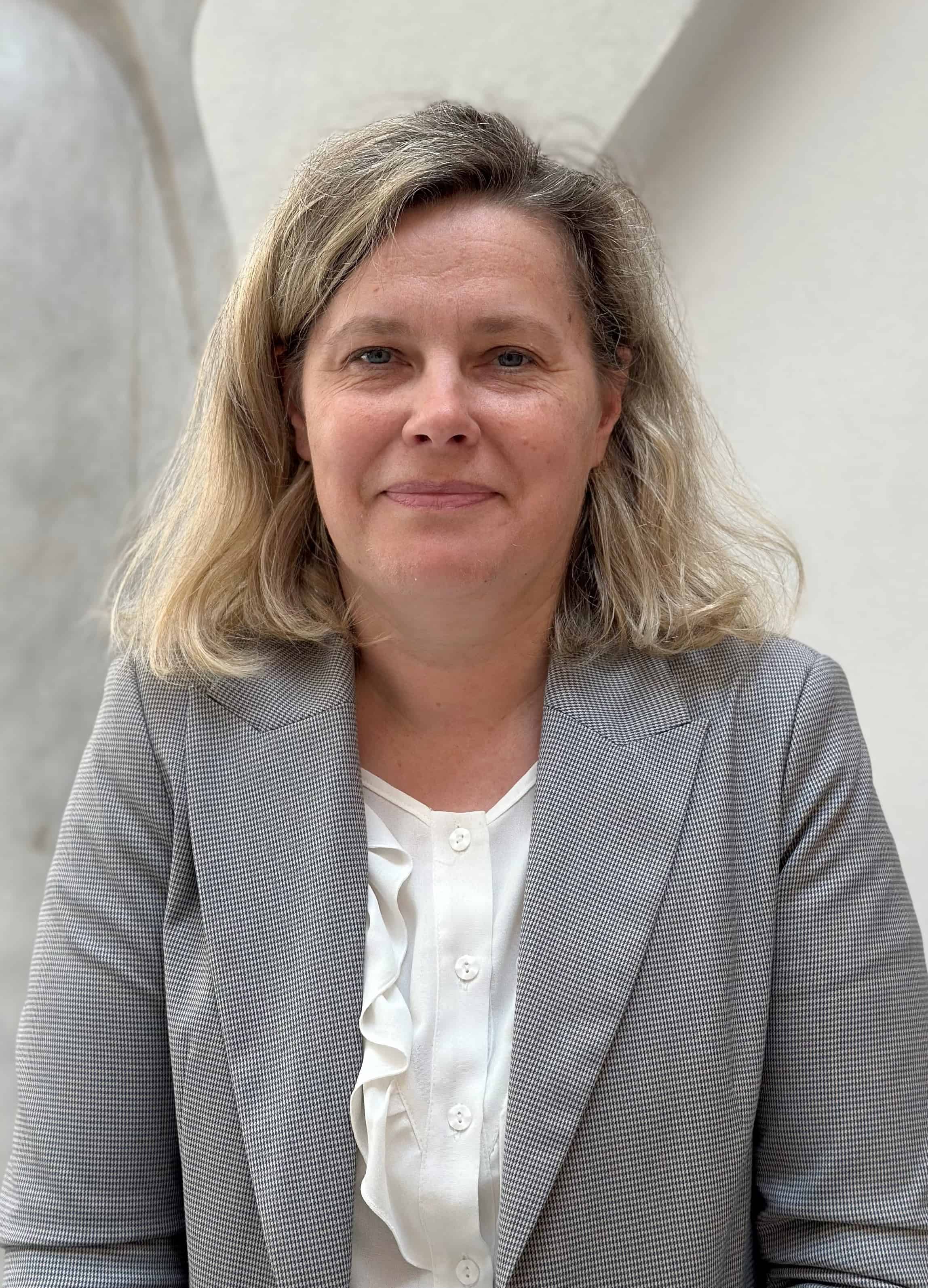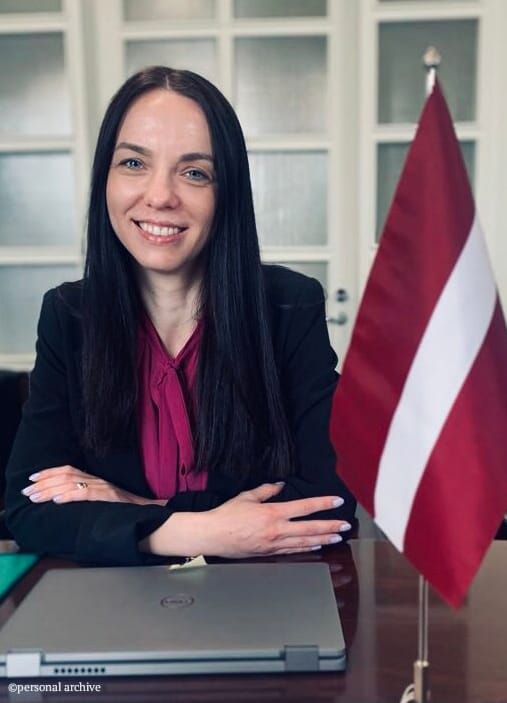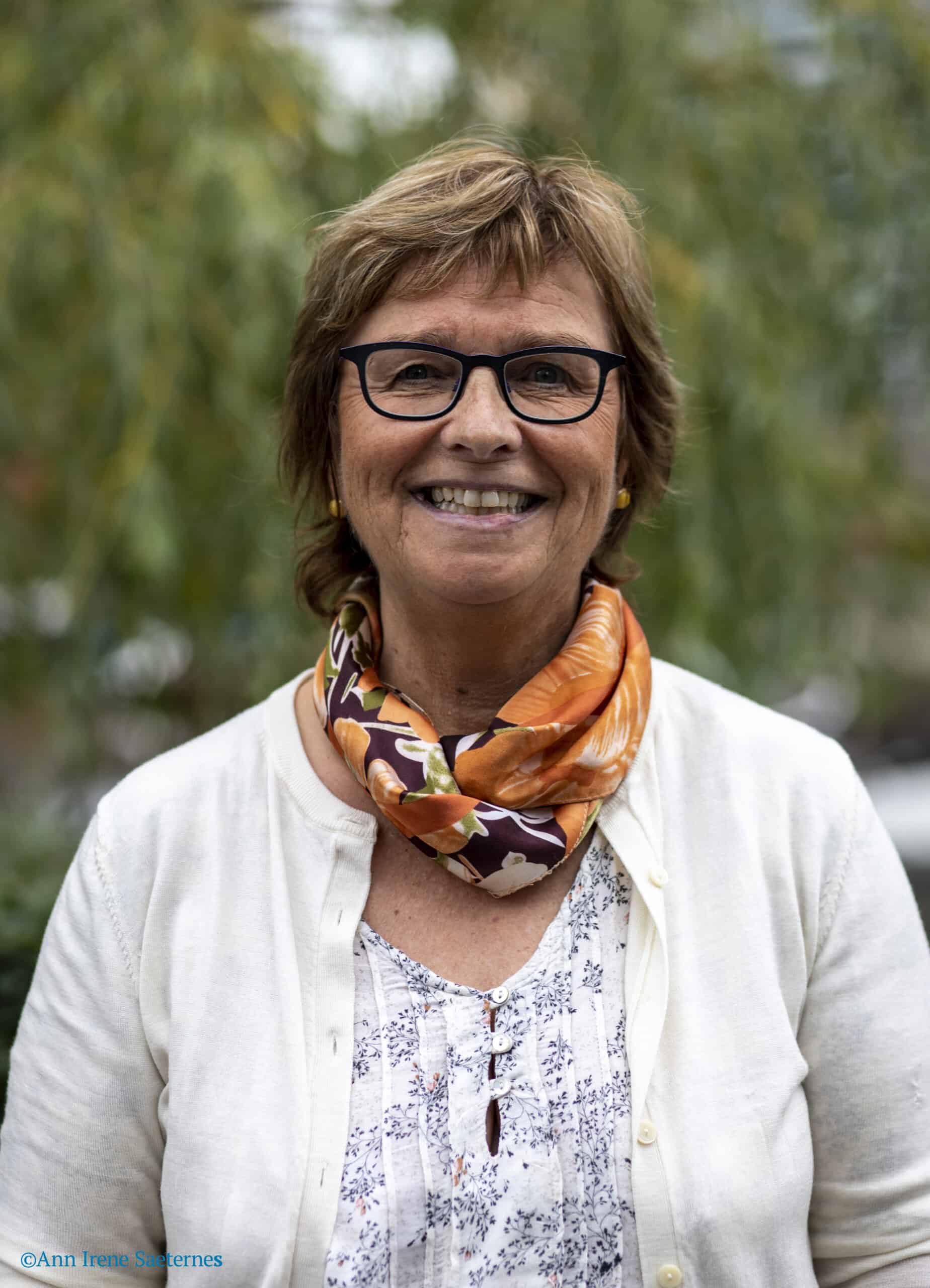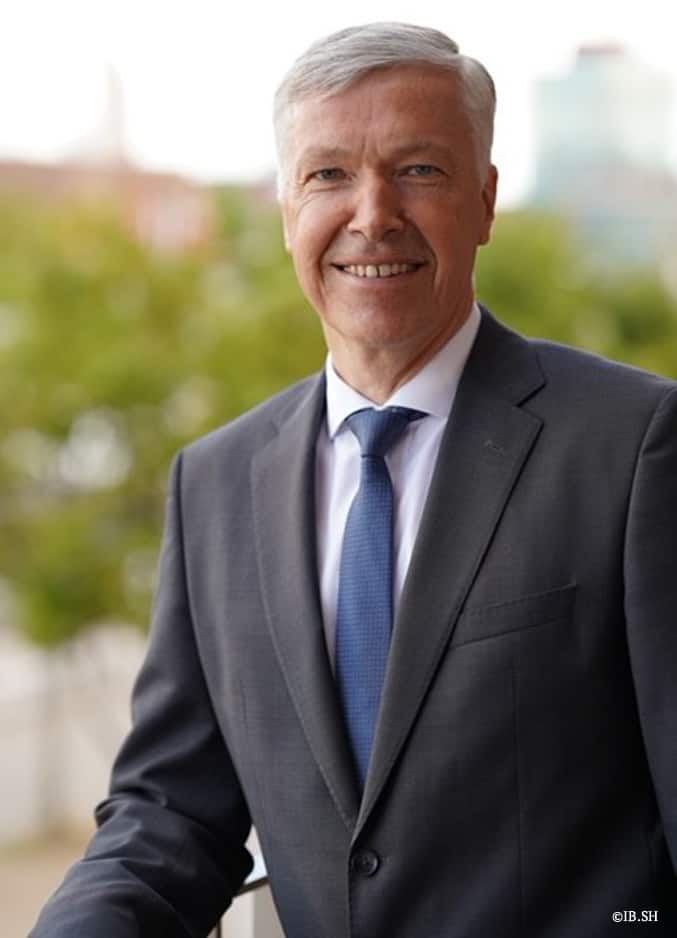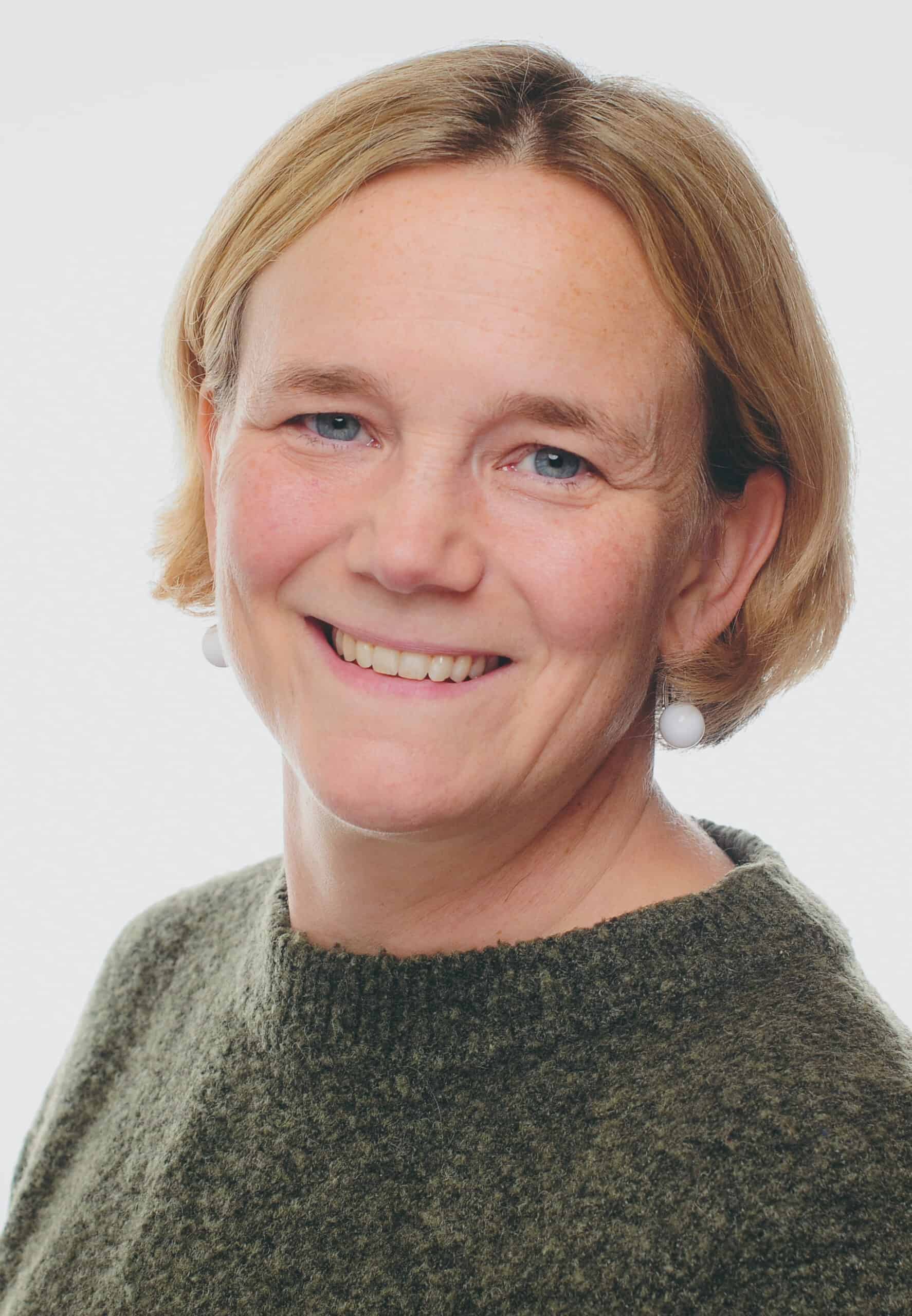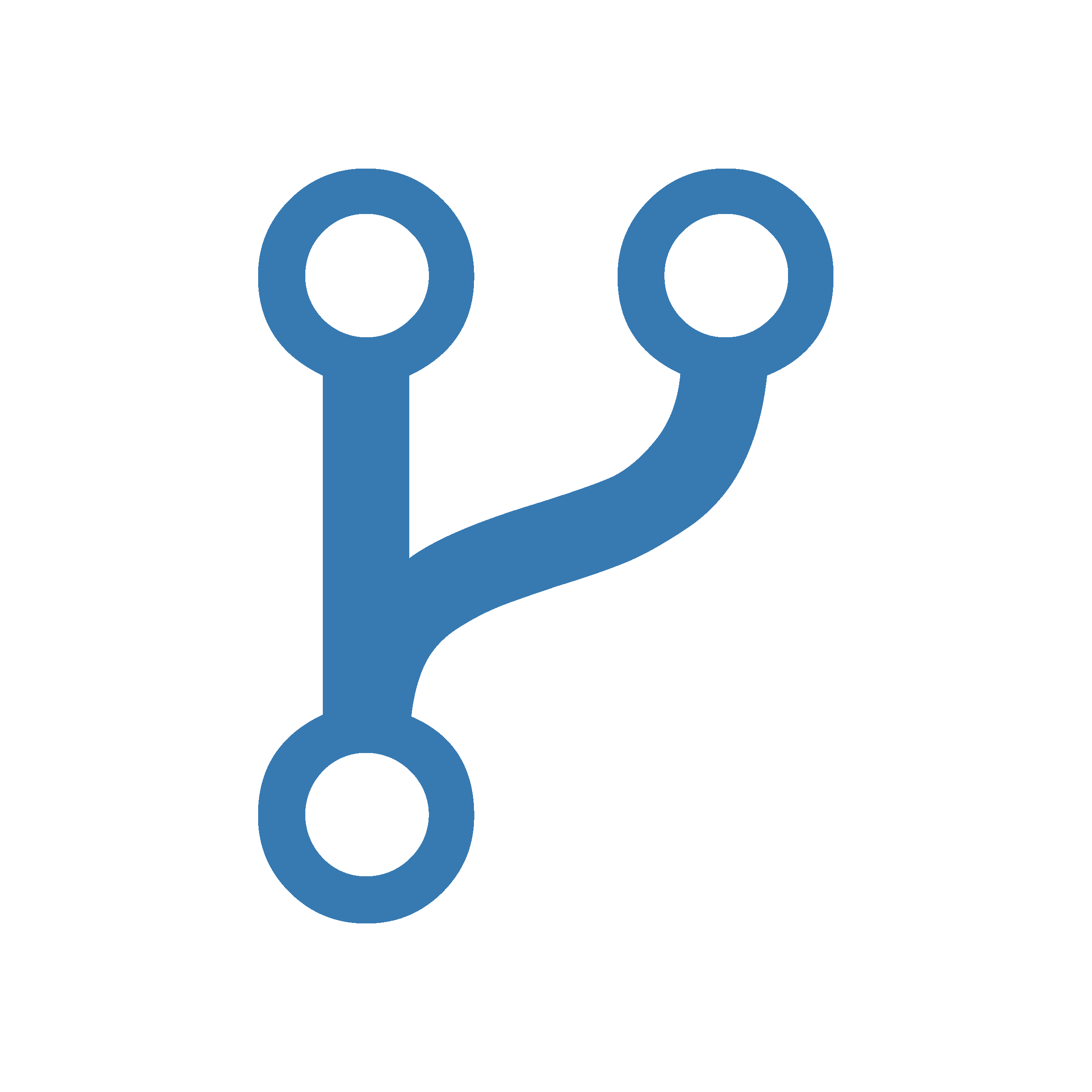#MadeWithIBSR experience
25 years of the Programme
Our Programme has been funding transnational cooperation in the Baltic Sea region for 25 years already! It created a favourable framework for organisations from around the Baltic Sea to connect as if there were no borders and to work on joint challenges, together. Our region has developed, the Programme has adjusted its objectives, too. However, one thing has always been solid: it is about cooperation among people who care.
Thanks to all the fantastic people who has accompanied the Programme since the early beginning or only shared a few parts of the journey, have we achieved so much. We are greater together and thanks to the different cultures, perspectives and expertise that we bring together, have we manage to get that far.
Listen to our Interreg voices:
Interreg Baltic Sea Region
Evolution over the years
1997 – 1999

Interreg II C
2000 – 2006

Interreg III A+B+C
Interact point coordination
2007 – 2013

Interreg IV A+B+C
2014 – 2020

Interreg V B
2021 – 2027

Interreg VI B
Maritime spatial planning
Long before the adoption of the EU Maritime Spatial Planning (MSP) Directive in 2014, the Baltic Sea region countries worked together to plan how to use sea and coastal resources. In 2002-2005, project partners showcased how spatial planning could mitigate local conflicts between economic activities and nature protection along the Baltic coast in Germany, Sweden, and Finland. Partners developed recommendations that prompted more systematic work by national spatial planners in the Baltic Sea region. A few years later, in 2009-2014, new projects helped kick-start formal MPS processes in the Baltic Sea region countries.
Later in 2016-2022, project partners worked together to increase the coherence of maritime spatial plans across the Baltic Sea sub-basins. They helped coordinate the development of shipping routes and energy infrastructure, integrate maritime cultural heritage into MSP, and allocate space for aquaculture and algae cultivation. Partners were instrumental in shaping the Regional Maritime Spatial Planning Roadmap 2021-2030 adopted by pan-Baltic organisations HELCOM and VASAB, which set the future agenda for the MSP in the region.
Clean shipping
Maritime transport has always been vitally important for the countries around the Baltic Sea, one of the busiest seas in the world. Yet, increasing maritime traffic posed risks of air and water pollution. In 2003-2005 Interreg united ports and port cities from Germany, Sweden, Finland, Denmark, and Poland. They committed to reducing air emissions and harmonising waste and wastewater management procedures. In 2010-2013 projects coordinated efforts of ports, cities, and researchers in making the Baltic Sea a model area for clean shipping. They looked into new technologies and practices that helped comply with stricter requirements for the Emission Control Area of the International Convention for the Prevention of Pollution from Ships (MARPOL).
In 2017-2022, ports, shipping companies, shipyards, and technology suppliers continued working in projects to reduce harmful emissions and decarbonise the maritime industry. They looked into alternative fuels and energy sources, onshore power supply, emission abatement technologies, digital monitoring of vessel performance, and cargo stowage optimisation. HELCOM, a regional platform for environmental policymaking, noted that air emissions from shipping had decreased from 1995 to 2018. The positive development is expected to continue as ports around the Baltic Sea in Hamburg, Rostock, Klaipeda, Riga, Tallinn, Helsinki, Bergen, Trelleborg, Esbjerg, and more agreed to take further steps towards applying green technologies and alternative fuels.
Railways
Rail Baltica is a multi-billion-euro infrastructure project in the Baltic Sea region, connecting the Baltic States to the European rail network. The construction is in full swing, with funding from the EU Connecting Europe Facility and national budgets. By 2030, new fast electric railways will transport passengers and freight from Tallinn to Warsaw via Riga and Kaunas/Vilnius. Interreg projects played a role in making Rail Baltica a reality.
In 2005, ministries of transport and interior from Estonia, Latvia, Lithuania, Poland, Finland, and Germany joined forces in an Interreg project with national railway companies and regions to plan the construction of the new railway line and propose the optimal route. Later, in 2010-2013, a project initiated by Helsinki and Berlin brought together cities, regions, and transport and logistics companies along the planned route. New voices from local and regional levels helped further shape the transnational preparation process. In 2016-2022, partners developed a joint spatial vision for the North Sea-Baltic corridor, which includes the Rail Baltica line. They proposed measures like harmonising railway speeds, extending Rail Baltica to Helsinki via a tunnel, and enhancing intermodal terminals. They also provided input for the future of the EU’s trans-European transport network policy, advocating for the regional needs in the new funding period of the Connecting Europe Facility and other funds.
Wastewater management
The Baltic Sea is one of the most heavily eutrophicated seas in the world. Interreg projects helped improve wastewater treatment, which is one of the factors influencing eutrophication. At the beginning of the 2000s, more than 20 cities collected best practices in water management and shared them with other city administrations around the Baltic Sea region. In 2009-2013, projects showcased that it was possible to reduce discharges of nutrients from wastewater treatment facilities to the level set in the Baltic Sea Action Plan of HELCOM. The HELCOM Action Plan targets were stricter than the EU requirement.
In 2016-2021, projects in cities and villages focused on improving the treatment of wastewater from residents and industries. Partners in projects tested new technologies that increased nutrient removal and reduced energy consumption in cities such as Daugavpils, Gdańsk, Tartu, Jūrmala, Kaunas, and Grevesmühlen. Rural municipalities benefitted from solutions like septic tanks and soil infiltration in Kolgaküla, Gennarby, Ainaži, and Leitgiriai. In other projects, partners tested the pre-treatment of wastewater at poultry, meat, and dairy factories in Leszno, Doruchów, Põltsamaa, and Jelgava. Following this joint work, the partners synthesised more than a hundred examples of smart water operations. Using this knowledge, they helped develop the new Baltic Sea Regional Nutrient Recycling Strategy of HELCOM, and revise the HELCOM Baltic Sea Action Plan. These two strategic documents help achieve a healthy state of the Baltic Sea.
Water management
The Baltic Sea is a large brackish water area with 85 million inhabitants in its catchment area. It is crucial to protect its waters, including inland waters like rivers, lakes, and groundwater. At the beginning of the 2000s, Interreg projects helped implement the EU Water Framework Directive in the Baltic Sea catchment. Project partners developed management plans for pilot river basins in all Programme countries.
In 2009-2012, project partners helped streamline river basin management planning across the BSR countries, and prepared investment plans for water protection measures. They pointed out the importance of coordinating water management planning among different governance levels and policy sectors and engaging stakeholders. Later projects, in 2019-2021, tested multi-actor and cross-sector engagement in water management on the catchment level, focusing on agriculture and forestry. Together, landowners, local municipalities, government agencies, advisory services, catchment officers, and private companies identified solutions for complex water management challenges. Buffer zones along waters, constructed wetlands, or controlled drainage brought benefits for water, climate, drought prevention, food security, and rural development. The catchment area perspective proved crucial, as each measure had a limited effect, but together they made a difference.
Agriculture
Agriculture brings food to us all. But it is also a major source of nutrient inputs to the Baltic Sea, contributing to high levels of eutrophication. Interreg projects helped find win-win solutions on how to support farmers and care for the environment. In 2003-2006, projects encouraged organic and ecological recycling-based agriculture with a focus on local and regional processing, distribution, and consumption. These practices helped reduce resource consumption and nutrient leakages. In 2009-2014, project partners shared nearly 100 agri-environmental measures that helped farmers improve practices, invest in technology, and reduce nutrient losses while saving money.
In 2016-2021, project partners continued to promote dialogue between environmental and agricultural interests. Farmers in Estonia, Germany, Latvia, Lithuania, Poland, and Sweden tested slurry acidification techniques, the effectiveness of treated slurry as fertiliser, and running costs. Partners also helped farmers and their advisors make better use of manure resources on nearly 100 farms in Denmark, Estonia, Finland, Germany, Latvia, Lithuania, Poland, and Sweden. Leveraging years of transnational cooperation in agriculture and nutrient management, partners helped develop the new Baltic Sea Regional Nutrient Recycling Strategy by HELCOM. This Strategy guides regional efforts to reduce nutrient losses from agriculture and recycle nutrients till 2030.
Support to SMEs
Small and medium enterprises (SMEs) are crucial to the Baltic Sea Region’s economy, driving growth, innovation, and job creation. Interreg projects have been instrumental in boosting the capacity, adaptability, and resilience of SMEs, and so promoting economic connectivity and cohesion in the region.
From 2004 to 2007, several projects supported SMEs in all Baltic Sea Region countries, facilitating over 1200 springboard events to help entrepreneurs develop business plans and attract venture capital. Regional development agencies and business support organisations improved their business training schemes and advice to SMEs.
From 2009 to 2014, projects linked incubators, chambers of commerce, and clusters to create support networks for SMEs. These networks helped SMEs find partners in other countries and enter new markets. They facilitated access to innovation expertise and testing new products in world-leading research facilities located in different Baltic Sea Region countries.
Between 2016 and 2021, projects boosted regional innovation ecosystems, networks of public authorities, innovation actors, universities, and companies. They discovered best practices to engage SMEs in innovation activities within regional smart specialisation strategies, a systematic process to make European regions globally more competitive through innovation. Projects also supported SMEs in crisis situations, providing advice from business consultants and mentors to avoid bankruptcy and job losses. Further, they helped SMEs transfer their businesses to successors as a change of ownership is a complex process.
Smart and attractive cities
Cities and towns are engines for the development of the whole Baltic Sea region. Interreg projects helped them define their strengths and respond to emerging challenges. In the early 2000s, over 50 cities and towns learned together how to develop their services for the benefit of residents. Some focused on planning and developing their urban space and reconstructing residential quarters and industrial areas, while others created investment and marketing strategies by making use of the expertise of capital cities. Between 2009 and 2014, projects brought cities closer to each other and promoted them jointly as one unique destination for tourism and for investments outside the Baltic Sea region.
In 2016-2021, projects helped cities and towns deal with emerging societal and demographic changes and climate change challenges. Urban managers together with community activists, artists, and researchers engaged residents in urban social innovation to jointly develop visions for city spaces and design them as common community projects. Cities also developed urban mobility plans, established new mobility points, and introduced living street initiatives. They integrated autonomous public transport and e-mobility solutions, such as e-bikes, e-scooters, and e-buses, to increase the liveability of cities for residents.
Wellbeing and inclusion
Interreg projects were instrumental in promoting the well-being of residents and social inclusion in the Baltic Sea region. In the mid-2000s, projects focused on shaping sustainable public health planning, with the support of the World Health Organisation. Project partners got enormous support from over 33000 respondents to a more bottom-up approach in public health policies emphasising participation, communication, and commitment. Between 2009 and 2014, projects helped older professionals remain active in their jobs and became tutors to younger workers and start-ups. Further, they supported women in seeking employment and leadership roles, promoting gender equality in the workplace.
From 2016 to 2021, projects continued to advance the social agenda in the region by empowering vulnerable groups, such as elderly people, migrants, and single parents, to be active, engage in community actions, and even start their own businesses.
They also provided access to new digital mobility solutions for elderly and young people in villages, offering transport-on-demand and rural car sharing. Projects took an innovative approach to developing new tools. Public health authorities and SMEs designed eHealth apps together with children and young people, to improve health behaviour and physical activity among adolescents. SMEs and universities collaborated to design smart furniture for elderly to enhance their life quality and independence in their home environment. Over 100 seniors and their caregivers tested these new solutions in real home environments.
Energy efficiency
Energy is a crucial driver of economies and societies, but it is also a major contributor to global warming. Interreg projects have played a significant role in promoting energy efficiency in the Baltic Sea region. In the mid-2000s, projects reviewed national policies on energy efficiency in building stock and initiated renovation in residential buildings in Estonia, Poland, Lithuania, and Latvia. From 2009 to 2013, cities and towns learned to plan comprehensive energy renewal of residential areas and energy refurbishment of historical buildings. Project partners also constructed a sustainable, energy-efficient student dormitory in Klaipeda, demonstrating jointly developed engineering and building technology standards in new buildings.
From 2016 to 2021, cities in projects revised their sustainable energy action plans and trained building managers and energy auditors for retrofitting, upgrading, and deep renovation of buildings. They also installed modern LED lighting in walking and cycling areas to promote active mobility and energy savings of up to 50%. Cities strengthened their work with residents, educating them on how to lower energy consumption. They set up local energy efficiency groups involving public organisations like schools, transport agencies, businesses, homeowners, and residents. On the policy level, projects developed recommendations on how to mainstream climate into new European Structural and Investment Funds to accelerate the transition towards climate neutrality. They proposed measures such as improving energy efficiency through the reconstruction of buildings and district heating systems on a wider national and regional scale.
Renewable energy
The Baltic Sea region has made significant investments to become more energy independent and self-sufficient. At the beginning of the 2000s, Interreg projects helped analyse local biomass resources and identify suitable sites for energy plants and wind farms. Regional councils and spatial planners worked with farmers, forest operators, investors, and companies to develop bioenergy businesses. From 2009 to 2014, regions developed strategic plans for using locally available biomass for renewable energy production.
From 2016 to 2021, projects helped spatial and regional energy planners develop new criteria for planning and approving renewable energy systems, including wind farms, biogas plants, solar parks, and energy storage. Regions improved their renewable energy strategies and engaged residents through cooperative partnerships focused on different energy sources: wind, heat, solar, and biomass. At the pan-Baltic level, projects enhanced joint planning among countries and developed a plan for a coordinated offshore electricity grid to connect wind parks from different countries at sea. National authorities learned to better coordinate the future development of energy corridors in the Baltic Sea, with industry, research organisations, associations, and planners.
Blue bioeconomy
At the beginning of the 2010s, Interreg projects seized the opportunity to shape the emerging topic of blue bioeconomy using the results of previous projects in maritime spatial planning and coastal development. Project partners assessed innovative and sustainable uses of marine resources that were both commercially appealing and demonstrated potential to solve environmental problems. The roadmap they developed helped kick-start the Baltic Sea region as a significant player in blue growth. It paved the way for initiatives such as algae and mussel cultivation, reed harvesting, and blue biotechnology that required joint efforts and coordination in the region.
From 2016 to 2021, projects tested new uses of marine resources in real-life conditions. Partners established new mussel farms and modified existing ones in the Baltic Sea. They proved that mussels were successfully farmed on a business scale in most parts of the Baltic Sea if farming methods were adapted to the local conditions. Project partners also helped others plan mussel and macroalgae farms, and develop businesses in these areas. Projects supported companies in turning their new blue biotechnology ideas into products, such as a sunscreen with seaweed, a moisturizer with algae, and bone regeneration with mollusk shells. Building on these achievements, projects developed a roadmap beyond 2021 to advance pilots, involve companies of all sizes, strengthen ‘The Blue on Land’, and interlink Baltic with EU-wide groups of experts, known as communities of practice. This roadmap defined a development path to advance a sustainable blue economy and thrive blue bioeconomy in the region.
Digitalisation
Digital solutions are key to boosting innovation and remaining competitive in public and private sectors. In the mid-2000s, Interreg projects investigated how to improve broadband networks to ensure internet access, particularly in rural areas. They started developing e-services in healthcare, education, and local administration. Between 2009 and 2014, projects helped shape new e-government services, making public administrations more accessible to businesses: online business registration, employment services, and building permits. Projects also helped develop teleconsultation in primary healthcare. They introduced self-monitoring for chronic heart failure patients with access to electronic patient records and telemedicine services.
From 2016 to 2021, projects accelerated the Baltic Sea region’s transition to a single digital market. They created a regional digitalisation network, engaging associations, universities, public authorities, and different industry sectors. Projects developed models for cross-border e-services on business registration and e-receipts. They showcased a “know-your-customer” profiling when data was validated only once in a state database, and there was no need to re-validate it again with the help of other sources. Additionally, projects helped SMEs evaluate their level of digital technology adoption and digitalise operational processes. In the healthcare sector, hospitals created a joint registry to store and process data about bone fractures, and medical companies used it to improve their products and offer better treatment possibilities for patients. By replacing paper-based transactions with automated and safe data exchange, projects helped progress toward the digital and real-time economy.
Hazardous substances
The HELCOM Baltic Sea Action Plan (BSAP), adopted in 2007 by Baltic Sea region countries, activated efforts to save the Sea from pollution by hazardous substances. From 2009 to 2013, Interreg projects assessed hazardous substances already in the Sea prioritised by the BSAP, and those coming from industrial and residential areas, dumped chemical munitions, and contaminated sediments in ports.
Between 2016 and 2021, projects came up with solutions to decrease emissions and prevent discharges. Cities developed chemical action plans, with green public procurement and ways to substitute chemical products in educational, medical, and social care institutions. They improved urban drainage systems to control floods and remove microplastics from urban streams. Municipal wastewater treatment plant operators learned to remove pharmaceuticals and micro-pollutants more efficiently. Dairy and meat processing companies improved pre-treatment of industrial effluents. Cities educated residents to avoid using materials with hazardous substances in cleaning agents, toiletries, kitchenware, and toys.
Businesses, like hotels, car repair, laundry services, received tailor-made advice.
Projects addressed hazardous substances already present in the Baltic Sea, such as chemical munitions and derelict fishing gear. Ministries and maritime administrations learned to assess ecological risks and handle dumped munitions. Fishery authorities and industries learned to map, retrieve, recycle, and prevent abandoned fishing gear. Solutions tested by Interreg projects were used to update the HELCOM BSAP in 2021 with measures to be implemented by 2030 to achieve the goal of a “Baltic Sea unaffected by hazardous substances and litter”.
Maritime safety
To manage high-intensity maritime traffic, reliable navigation, and emergency preparedness are crucial. From 2005-2008, Interreg projects helped develop local and regional contingency plans for shipping accidents and oil spills. In 2009-2012, projects strengthened bilateral and multilateral prevention and response agreements between Baltic Sea region countries. Based on the first overall risk assessment, ministries of environment and maritime administrations evaluated oil spill response capacity and prepared investments to fill the gaps. Seaports conducted oil spill exercises together with contingencies agencies and produced their own oil contingency plans. Maritime administrations started developing e-navigation services, contributing to the global standard within the International Maritime Organisation. The Baltic Sea served as a test bed for e-navigation.
Between 2016 and 2021, projects helped maritime rescue authorities, coast guards, fire and police departments, and NGOs validate available resources, coordinate and standardise response measures across institutions within and between BSR countries. Measures covered search and rescue operations in case of incidents by hazardous and noxious substances, responding to oil spills in shallow and coastal waters, diving missions as well as crisis management in seaports. All procedures were tested in multiple joint live exercises. Projects helped develop new digital services onboard and onshore, including the world’s first Ranging-Mode test area for maritime terrestrial navigation. These e-navigation services improve the speed and accuracy of ship-shore information exchange and allow a safe and more accurate positioning. Emphasis was placed on shared information, procedures, and trust to improve response and save lives.
Transport corridors
Interreg projects significantly contributed to the development of transport corridors in the region. At the beginning of the 2000s, projects initiated a forum between public authorities, private companies, and research institutions to respond to increasing transport flows within, to, from, and through the Baltic Sea region. Regional authorities and transport associations developed recommendations for a common transport strategy. From 2009 to 2014, projects helped develop a network of green multimodal transport corridors as a component of the transport system in the Baltic Sea region. Projects developed business cases for greening transport, such as blocktrain operations, regional motorways of the Sea, and a biogas corridor for road-based freight transport.
In 2016-2021, projects mobilised local, regional, and national authorities, and the transport industry to improve the planning of transport corridors and make it more coherent, cross-sectoral, and adaptive. They worked on shifting to sustainable modes of transport, such as railway, inland waterway, and river-sea shipping. They advanced the development of interoperable clean fuel systems across the countries of the BSR. Regional and local authorities developed further the concept of urban nodes as an interface between urban transport and trans-European transport. Projects contributed to shaping the future EU’s trans-European transport network policy and advocated for regional needs in the new funding period of the Connecting Europe Facility and other funds.



